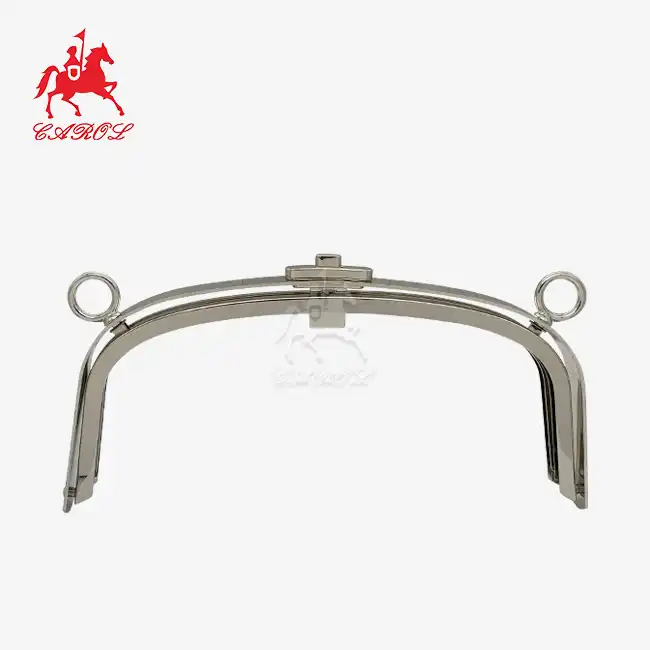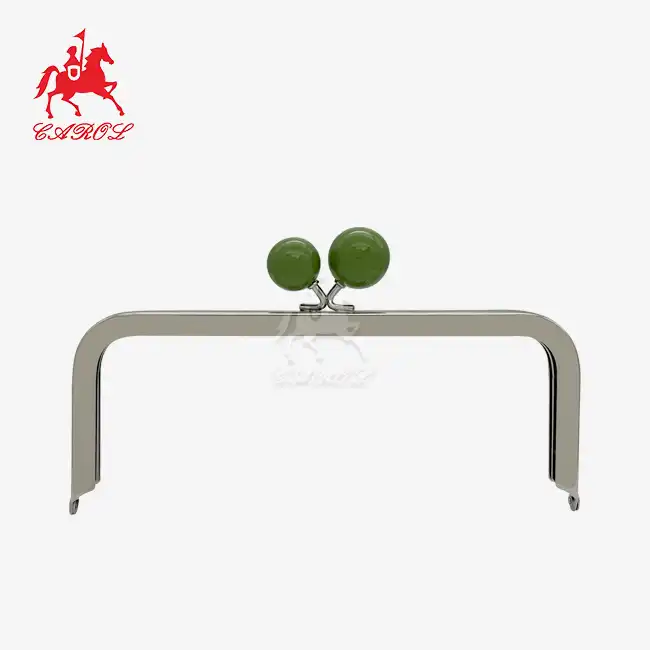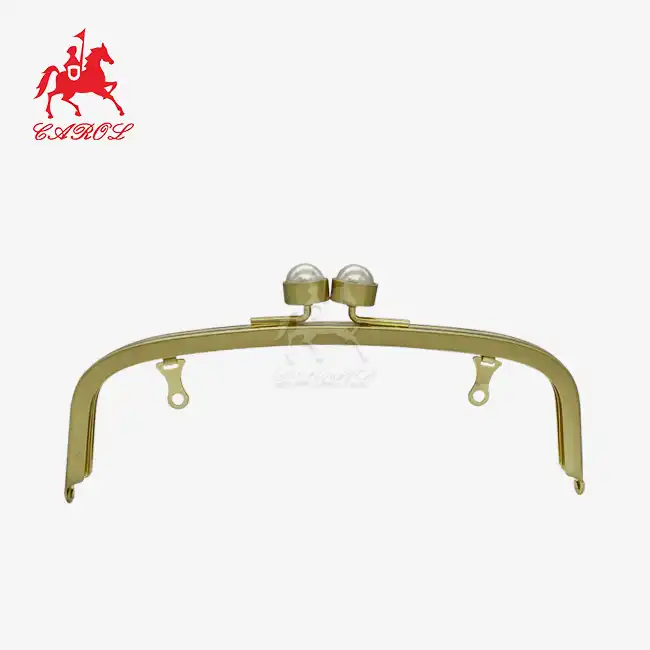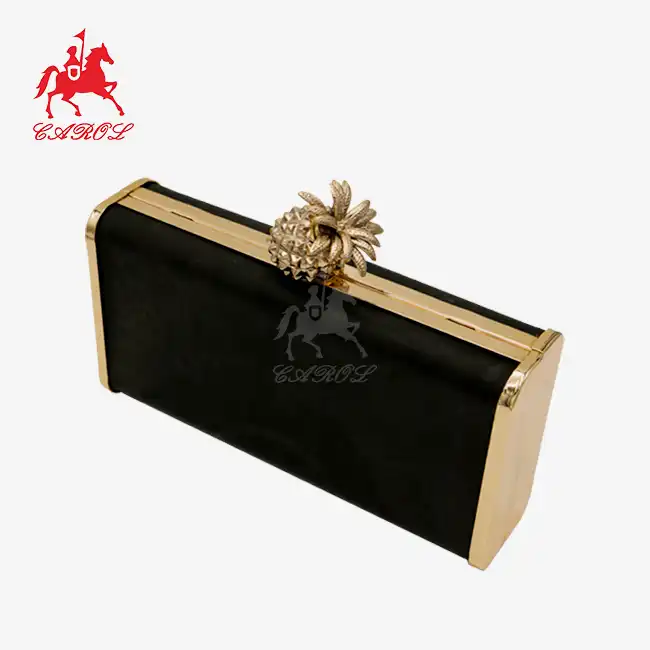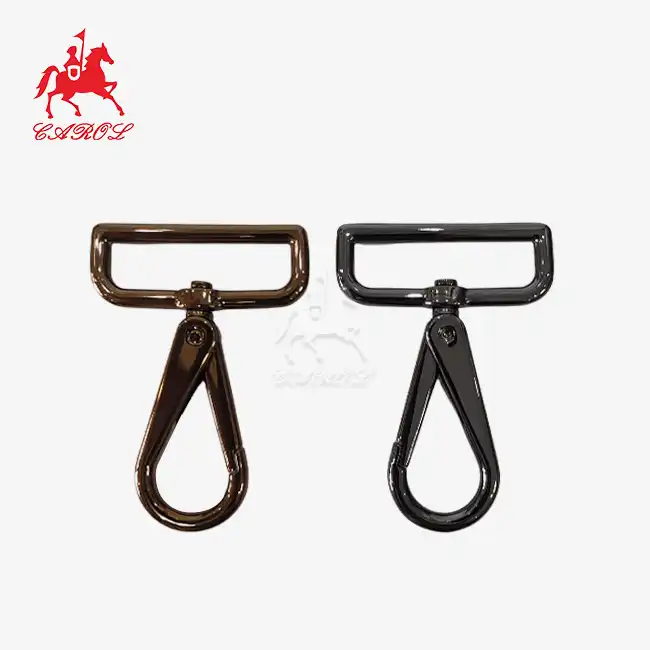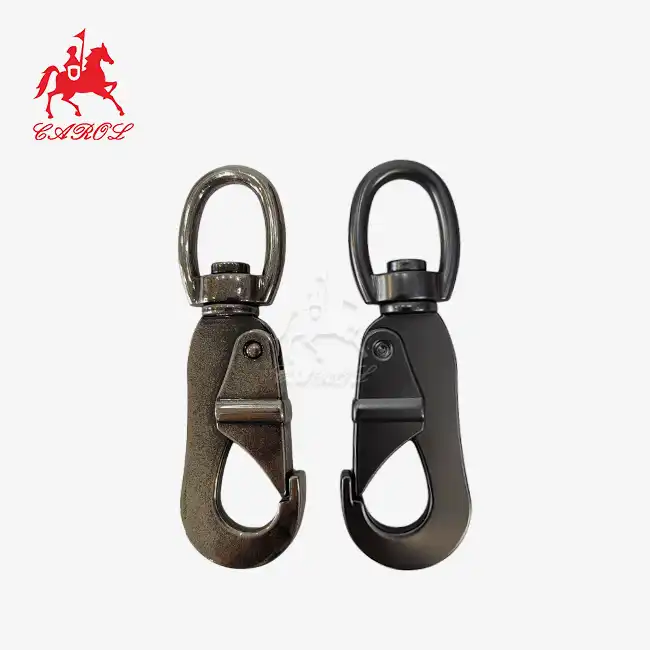Analysis of the Current Situation and Development
Trends of the Global Luggage Market
The global luggage industry is experiencing a strong growth cycle. It is expected to historically break through the $200 billion mark by 2025.
A: From a regional perspective, the market shows a clear three-tiered differentiation structure:
- **North American Market**: Affluent consumers drive the demand for high-end and smart products, and the acceptance of eco-friendly travel products is rapidly increasing.
- **European Market**: It emphasizes the integration of traditional craftsmanship and sustainability, with a deep-rooted luxury culture.
- **Asian Market**: The fastest-growing region, The expansion of the middle and high-income groups is boosting the consumption of high-end luggage.
B: In the product segmentation, the three major categories show differentiated development trends:
- **Luggage Market**: Chinese brands stand out, occupying five of the top 10 global brands, with a year-on-year growth of 17% and a market size of 31 billion yuan. The CAGR over the next five years is expected to be 8.9%.
- **Bag Market**: Luxury brands dominate, with top luxury brands taking the top three spots.
- **Functional Luggage**: The fastest-growing category, becoming a new growth point in the industry.
Three Core Development Trends in the Industry
A: Eco-friendly Materials and Sustainable Design
The transition to sustainability has become a strategic priority for the luggage industry. Consumers are willing to pay a premium for sustainable luggage, which is reflected in the hardware accessories sector as follows:
- **Material Innovation**: High-end brands are beginning to use recyclable materials such as titanium alloy and stainless steel to enhance product value.
- **Certification Requirements**: EU regulations require accessory manufacturers to provide environmental data throughout the product's life cycle.
- **Brand Practices**: The marketing model of brands advocating environmental protection is widely adopted in the industry.
B:The integration of intelligence and technology ,In luggage it is moving from concept to mainstream, with the market share increasing to 15% and an annual growth rate of 20%. This trend poses new requirements for hardware accessories, specifically in terms of functional integration, process upgrading, and connection performance.
C:Personalized customization and DTC model
The demand for personalized expression among consumers has given rise to the emergence of mass customization. Over 70% of users are willing to pay a premium for customization, a trend that has completely reshaped the industrial chain, such as the increase in small-batch production and the rapid production with digital tools.
The global luggage industry is undergoing profound structural changes. Environmental protection and intelligent technologies have shifted from differentiating factors to entry tickets for competition. Personalized customization is driving the industrial chain to shift from standardized production to demand-driven models. For hardware accessory enterprises, this is both a challenge and an opportunity to restructure the value chain.
_1753256285958.png)

_1754990583633.webp)
